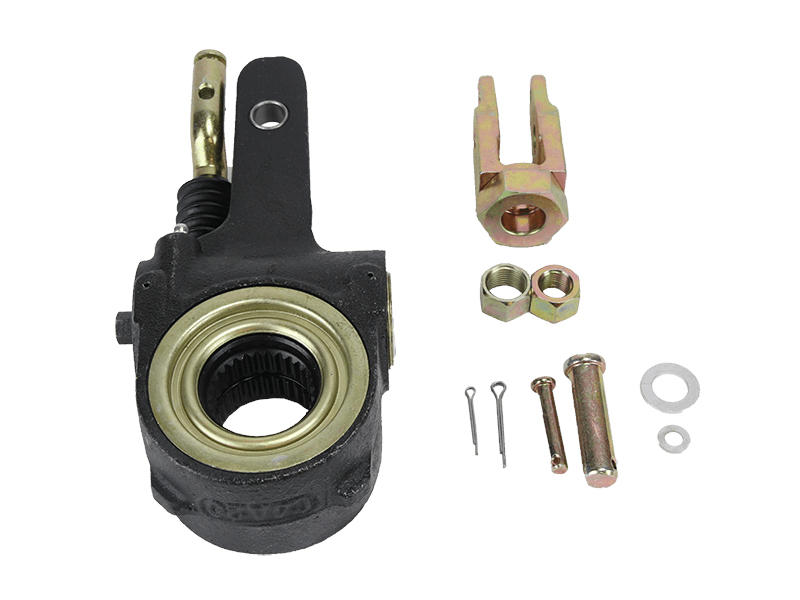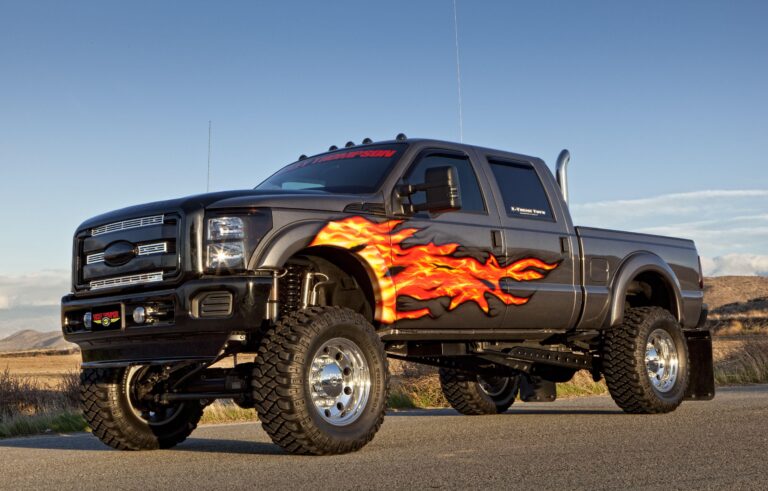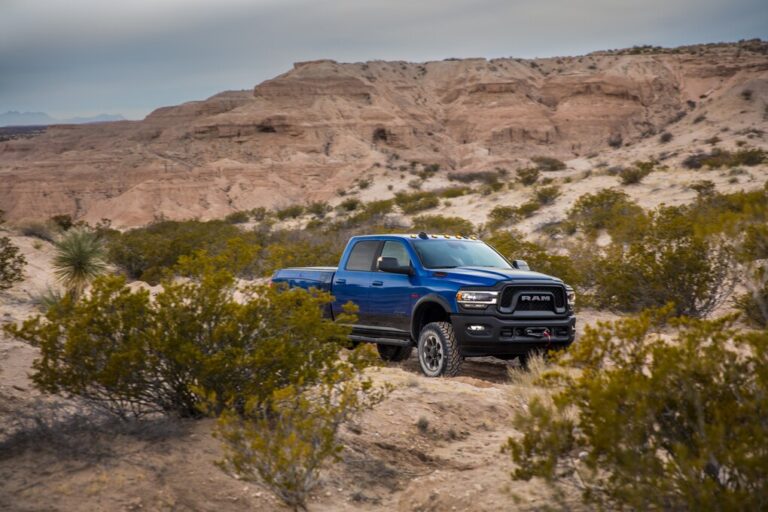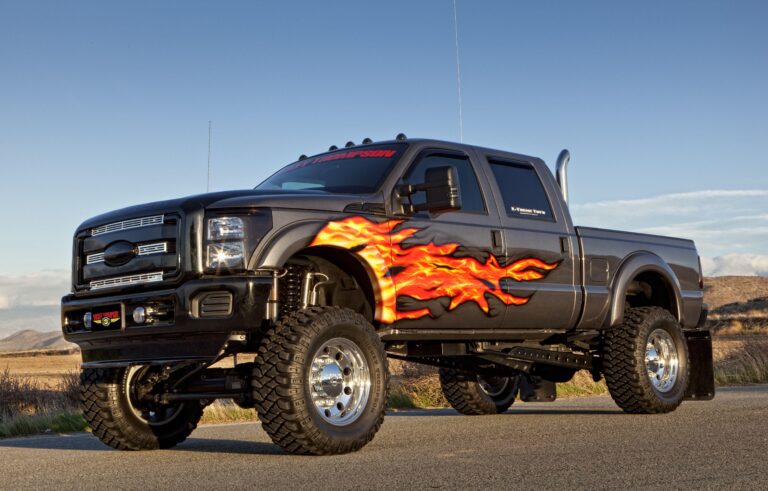Gunite Trucks For Sale: Your Ultimate Guide to Acquiring the Right Equipment
Gunite Trucks For Sale: Your Ultimate Guide to Acquiring the Right Equipment cars.truckstrend.com
In the demanding world of construction, infrastructure repair, and specialty concrete applications, efficiency and precision are paramount. Among the essential tools that empower contractors to deliver high-quality results is the gunite truck. These robust machines are specifically designed for the pneumatic application of concrete, mortar, or other mixtures, commonly known as gunite or shotcrete. Whether you’re building a swimming pool, stabilizing an embankment, lining a tunnel, or repairing concrete structures, a reliable gunite truck is an invaluable asset.
This comprehensive guide delves into the world of Gunite Trucks For Sale, offering insights, practical advice, and crucial considerations for anyone looking to invest in this powerful equipment. We’ll explore what makes these trucks indispensable, what to look for when buying, and how to make an informed decision that drives your project’s success.
Gunite Trucks For Sale: Your Ultimate Guide to Acquiring the Right Equipment
What Exactly is a Gunite Truck?
At its core, a gunite truck is a specialized piece of heavy equipment engineered to mix, convey, and pneumatically apply concrete or similar materials. While the terms "gunite" and "shotcrete" are often used interchangeably, gunite typically refers to the dry-mix process where water is added at the nozzle, while shotcrete can encompass both dry-mix and wet-mix processes (where water is pre-mixed with the material before pumping).
A typical gunite truck integrates several key components:
- Material Hopper/Aggregate Bin: Holds the dry or pre-mixed material (sand, cement, aggregates).
- Mixing Unit: For wet-mix systems, this might be a continuous mixer or a drum mixer. For dry-mix, the material is typically pre-blended or mixed on-site dry.
- Feeder/Rotor/Pump System: This is the heart of the machine, responsible for feeding the material consistently into the air stream. Dry-mix systems often use a rotary gun, while wet-mix systems use a concrete pump.
- Air Compressor: A high-capacity air compressor provides the pneumatic force to propel the material through the hose and out the nozzle at high velocity.
- Hose and Nozzle: A durable, flexible hose transports the material, and the nozzle (where water is introduced in dry-mix) shapes the spray and facilitates compaction.
- Truck Chassis: The entire system is mounted on a heavy-duty truck chassis, providing mobility and power for the operation.
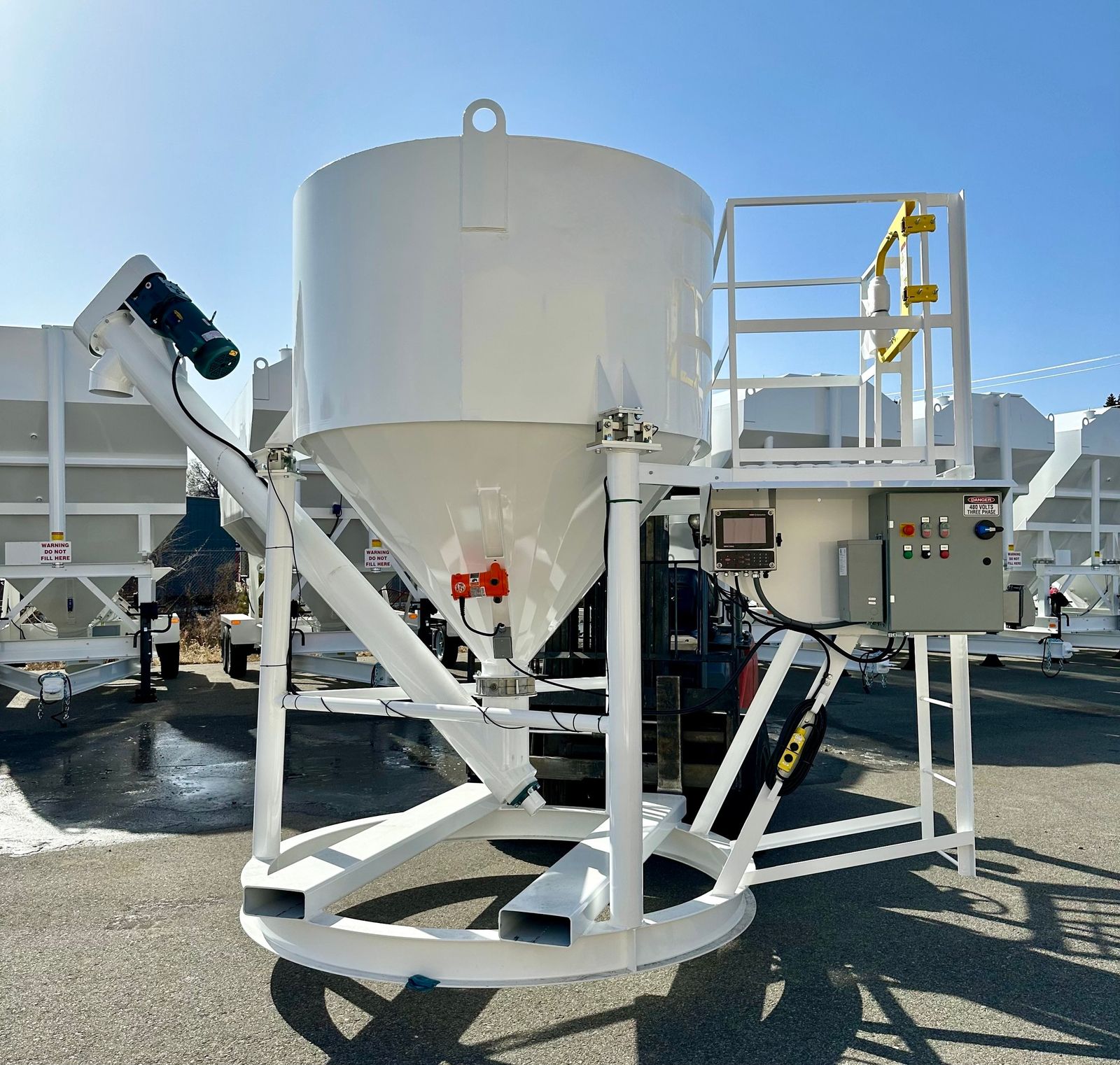
Gunite trucks are vital for applications requiring high strength, excellent bond, and rapid application, often in difficult-to-access areas or on irregular surfaces.
Why Consider Buying a Used Gunite Truck?
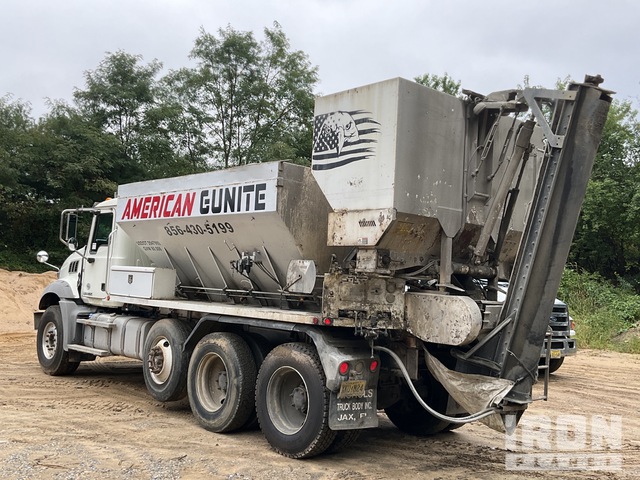
While new gunite trucks offer the latest technology and warranties, the market for used Gunite Trucks For Sale presents a compelling alternative for many contractors.
- Significant Cost Savings: The most apparent benefit is the lower upfront investment. Used equipment can be tens of thousands, or even hundreds of thousands, of dollars cheaper than new models, making them accessible for smaller businesses or those with budget constraints.
- Immediate Availability: Unlike new equipment which might have lead times for manufacturing and delivery, used trucks are often available for immediate purchase and deployment, allowing you to bid on projects sooner.
- Proven Performance: A used truck, especially from a reputable brand, has a track record of performance. You can often review maintenance records and previous operational history.
- Slower Depreciation: The steepest depreciation hit occurs in the first few years of a new vehicle’s life. Buying used means you avoid this initial rapid loss in value.
- Environmental Benefits: Extending the life of existing equipment through resale and reuse contributes to a more sustainable construction industry by reducing the demand for new manufacturing.
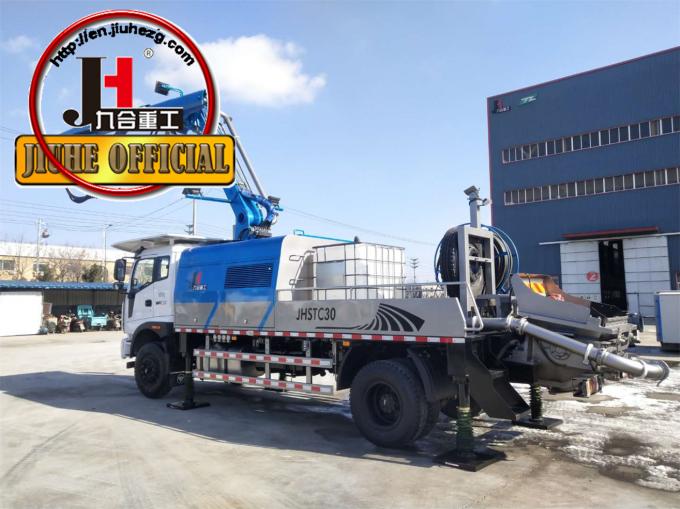
However, buying used also requires a more diligent approach to inspection and evaluation to ensure you’re getting a reliable machine.
Key Considerations When Buying a Used Gunite Truck
Purchasing a used gunite truck is a significant investment that demands careful consideration. Here’s a comprehensive checklist of factors to evaluate:
1. Machine Type: Dry-Mix vs. Wet-Mix
- Dry-Mix: Material (cement and aggregate) is pre-mixed dry and conveyed pneumatically through the hose. Water is added at the nozzle by the operator.
- Pros: Better for long conveying distances, fine-tuning water content at the nozzle for specific applications, less rebound.
- Cons: Higher dust levels, requires skilled nozzleman, more wear on hoses/nozzles.
- Wet-Mix: All components (cement, aggregate, water) are pre-mixed and pumped through the hose. Air is introduced at the nozzle for high-velocity application.
- Pros: Less dust, more consistent mix, higher production rates.
- Cons: Shorter conveying distances, potential for blockages if mix is too stiff, more difficult to clean.
Your choice depends on your primary applications, available crew skills, and site conditions.
2. Condition of Major Components
This is paramount. A thorough inspection is non-negotiable.
- Engine & Powertrain: Check for leaks, unusual noises, smoke, and overall performance. Verify service records.
- Hydraulic System: Inspect hoses, cylinders, and pumps for leaks or damage. Test all hydraulic functions.
- Air Compressor: Ensure it generates sufficient CFM (cubic feet per minute) and pressure. Check for leaks or excessive noise.
- Material Pump/Rotor/Stator: These are high-wear parts. Examine the rotor for wear and the stator for cracks or significant abrasion. Replacing these can be costly.
- Mixing Unit (if applicable): Check paddles, drum, or augers for wear and tear. Ensure it rotates smoothly.
- Hoses & Nozzles: While replaceable, significant wear indicates heavy past use or poor maintenance.
- Control System: Test all electrical controls, remote controls, and safety switches.
- Truck Chassis: Inspect the frame for cracks, excessive rust, and collision damage. Check tires, brakes, suspension, and lights.
3. Hours of Operation & Maintenance Records
Low hours generally indicate less wear, but consistent maintenance is more critical. Request detailed service records. A well-maintained high-hour machine can be a better buy than a low-hour, neglected one.
4. Brand Reputation and Parts Availability
Stick with reputable manufacturers like Putzmeister, Reed, Schwing, Allentown, Mayco, and Transcrete. These brands typically have better dealer networks, readily available spare parts, and higher resale value. Research the availability and cost of common wear parts for the specific model you’re considering.
5. Age of the Truck
Newer models often incorporate technological advancements, better fuel efficiency, and improved ergonomics. However, older models can be perfectly functional if well-maintained and are significantly cheaper. Balance age with condition and price.
6. Included Accessories & Features
Does it come with extra hoses, nozzles, remote controls, or specialized attachments? These can add significant value. Consider features like automatic lubrication systems, wash-down systems, or variable speed controls.
7. Legal and Safety Compliance
Ensure the truck meets current safety standards and any local regulations. Check for proper lighting, emergency stops, guards, and warning labels.
Types of Gunite Trucks (Beyond Dry/Wet)
While the dry-mix/wet-mix distinction is primary, gunite trucks also vary in:
- Capacity: Ranging from smaller units suitable for residential pools to massive machines for large infrastructure projects.
- Mounting: Primarily truck-mounted for maximum mobility, but some smaller units might be trailer-mounted or skid-mounted.
- Automation: Some advanced models offer greater automation for mix consistency and pumping control.
Where to Find Gunite Trucks For Sale
The market for used heavy equipment is diverse. Here are the best places to begin your search:
- Online Heavy Equipment Marketplaces: Websites like IronPlanet, MachineryTrader, EquipmentTrader, Ritchie Bros. Auctioneers, and My Little Salesman are excellent resources, offering a wide selection from dealers and private sellers globally.
- Specialized Heavy Equipment Dealers: Many dealers focus specifically on concrete equipment or used construction machinery. They often inspect, service, and sometimes offer warranties on their used inventory.
- Auctions: Live and online auctions (e.g., Ritchie Bros., IronPlanet) can offer competitive pricing, but require quick decision-making and often "as-is, where-is" purchases.
- Private Sellers/Contractors: Sometimes, contractors sell directly when upgrading or retiring equipment. These can be good deals, but require more due diligence on your part.
- Industry Forums & Associations: Networking within the shotcrete/gunite industry can sometimes lead to direct sales from other contractors.
Inspecting a Used Gunite Truck: A Practical Checklist
Before finalizing any purchase, a thorough physical inspection is crucial. If possible, have a qualified mechanic or an experienced gunite operator accompany you.
- Pre-Inspection (from listing): Review photos, specifications, maintenance history (if provided), and hours/mileage.
- External Visual Inspection:
- Walk around the entire truck. Look for major dents, rust (especially on the frame and critical structural components), welds (indicating repairs), and signs of neglect.
- Check tire condition (tread depth, sidewall cracks).
- Inspect all lights and mirrors.
- Engine Compartment:
- Check fluid levels (oil, coolant, hydraulic fluid). Look for leaks.
- Inspect belts and hoses for cracks or wear.
- Check battery terminals for corrosion.
- Listen for unusual noises when starting.
- Operator’s Cab:
- Check seat condition, dashboard, gauges, and controls.
- Test all switches, including emergency stops.
- Verify HVAC system (if equipped) works.
- Gunite System Components:
- Hopper/Bin: Look for cracks, excessive wear, or buildup.
- Mixer (if wet-mix): Check paddles/blades for wear.
- Pump/Rotor/Stator: Critical inspection point for wear.
- Air Compressor: Check for oil leaks, test pressure output if possible.
- Hydraulic Lines & Cylinders: Look for leaks, chafing, or damage.
- Hoses & Nozzles: Assess condition.
- Safety Guards: Ensure all are in place and functional.
- Test Run (if possible):
- Start the engine and let it warm up. Listen for strange noises.
- Engage the PTO (Power Take-Off) and operate the gunite system (without material, if possible, or with a simple test mix).
- Check for smooth operation of all moving parts.
- Observe exhaust for excessive smoke.
- Monitor gauges for normal readings (oil pressure, temperature).
Actionable Insight: Do not skip a pre-purchase inspection by a qualified professional if you are serious about a particular truck, especially for higher-value units. Their expertise can uncover hidden issues and save you significant repair costs down the line.
Pricing Factors for Gunite Trucks
The price of a used gunite truck varies widely based on several factors:
- Age and Hours: Newer trucks with lower hours command higher prices.
- Make and Model: Premium brands generally retain more value.
- Condition: Excellent condition with good maintenance records will fetch a higher price.
- Capacity and Features: Larger capacity trucks and those with advanced features or automation will be more expensive.
- Region and Market Demand: Prices can fluctuate based on local demand and availability.
- Included Accessories: Additional hoses, nozzles, or specialized attachments can add to the value.
Here’s a general estimated price range for Gunite Trucks For Sale, keeping in mind that these are highly variable:
| Make/Model | Year | Condition | Estimated Price Range (USD) | Key Features / Notes |
|---|---|---|---|---|
| Allentown 750 (Dry) | 2005 | Fair | $35,000 – $55,000 | Older model, but robust. Good for entry-level. |
| Mayco C30HD (Wet) | 2010 | Good | $60,000 – $85,000 | Mid-capacity, well-regarded wet-mix pump. |
| Reed B80 (Dry) | 2012 | Excellent | $90,000 – $120,000 | High production dry-mix, good for large projects. |
| Putzmeister Thom-Katt | 2015 | Very Good | $120,000 – $180,000 | Versatile wet-mix pump, known for reliability. |
| Transcrete Roto-Mix | 2008 | Good | $50,000 – $75,000 | Mid-range dry-mix, often mounted on various chassis. |
| Custom Fabricated | Varies | Varies | $25,000 – $200,000+ | Can be highly customized, price varies wildly by spec. |
| Schwing KVM (Wet) | 2018 | Excellent | $180,000 – $250,000+ | Newer, high-capacity wet-mix, advanced features. |
Note: These prices are estimates and can vary significantly based on exact model, engine hours, maintenance history, geographical location, and current market conditions.
Concluding Thoughts
Investing in a gunite truck, whether new or used, is a strategic decision for any contractor involved in concrete application. While the prospect of finding reliable Gunite Trucks For Sale can be daunting, a systematic approach, thorough inspection, and clear understanding of your project needs will guide you to the right equipment. By prioritizing condition, maintenance history, and parts availability over just the lowest price, you can acquire a valuable asset that boosts your operational efficiency and project quality for years to come.
Frequently Asked Questions (FAQ) about Gunite Trucks
Q1: What is the main difference between gunite and shotcrete?
A1: Historically, "gunite" referred specifically to the dry-mix process where dry materials are conveyed by air and water is added at the nozzle. "Shotcrete" is a broader term that encompasses both the dry-mix and wet-mix processes (where all materials, including water, are mixed before being pumped). Today, the terms are often used interchangeably, but understanding the dry vs. wet application method is crucial.
Q2: Can I convert a dry-mix gunite truck to a wet-mix, or vice-versa?
A2: Generally, no. Dry-mix and wet-mix gunite trucks utilize fundamentally different pumping mechanisms and material handling systems. Converting one to the other would be extremely complex, cost-prohibitive, and often impractical. It’s best to purchase the type of truck that matches your primary application needs.
Q3: What’s the typical lifespan of a gunite truck?
A3: With proper maintenance and regular replacement of wear parts, a well-built gunite truck can have a lifespan of 15 to 25 years or even more. The engine and core components can last for thousands of hours, but wear parts (rotors, stators, hoses, nozzles) require frequent replacement depending on usage.
Q4: Are parts readily available for older gunite truck models?
A4: For major brands like Putzmeister, Reed, Allentown, and Mayco, parts are generally available even for older models, although some very specific or discontinued components might be harder to find. It’s always wise to check parts availability for a specific model before purchasing an older truck.
Q5: Do I need special training to operate a gunite truck?
A5: Yes, operating a gunite truck, especially the nozzle, requires specialized training and experience. The "nozzleman" is a highly skilled position, as they control the water-cement ratio (in dry-mix), material thickness, and final finish. Proper operation is crucial for achieving high-quality, durable results and for safety.
Q6: What are the most common wear parts on a gunite truck?
A6: The most common wear parts include:
- Rotor and Stator: Critical for material conveyance in dry-mix systems.
- Hoses: Subject to abrasion from the material.
- Nozzles: Where the material is shaped and discharged.
- Mixer paddles/blades: For wet-mix systems.
- Hydraulic filters and fluids: Essential for system health.
- Air filters: For the compressor and engine.
